Intercept Family & Student Profile

This information highlights nice to haves, need to haves and non-negotiables for Intercept participation. Our goal is to set everyone up for success. We have found that better preparation leads to better outcomes. Intercept is a life-changing program that is most effective when families and their healthcare providers understand eligibility and evaluate potential fit for their participant.
The Parent Profile
- Tired of conflict with their child
- Running out of ideas
- Feel like they’ve tried “everything” and don’t know where else to go or what else to do
- Looking for a positive, supportive learning experience for their child and their family
- Want to their child and themselves time and space to grow new coping and life skills
- Seeking “time tools” and “support” rather than an “intense” “more expensive” or “bootcamp” experience like wilderness therapy
The Student Profile
- Experiencing low motivation, struggling with self-confidence, and
self-esteem - Feeling or exhibiting anger
- Struggling with rules and defiance
- Struggling with low self esteem and confidence
- Chronically poor school performance
- Risky behavior
- Having a hard time communicating
- Grappling with anxiety and/or depression
- Feeling apathetic about school or coming into conflict there
- Doing “fine” and then suddenly “going off the rails”
- Poor decisions with friends
- Substance experimentation or use– alcohol, marijuana, and
vaping– but family and therapists don’t categorize as addiction - Inconsistent interest or motivation in changing their behavior
- Not fully on board with participating in Intercept, but ideally agree
they are struggling in some areas and could use a change
Basic Criteria for Intercept Participation
- Age 14-17 for 28-Day Course
- Age 17-21 for 50-Day Course
- Student must meet Essential Eligibility Criteria
- Candidate is willing to attend and participate, even if they have a poor attitude
- One parent/guardian is willing to attend the Family Seminar at the end of Intercept
- Eligibility determination is made during enrollment process
*Certain medical & mental health histories or behaviors require that a physician and/or therapist recommend student participation. It is rare for VOBS to accept a student with a significant history or behavior without this critical professional recommendation.
Behavior/History MAY Include:
- Low motivation
- Anger issues
- Chronically poor school performance
- Defiance
- Risky behavior
- Low self-confidence
*While these may be typical teenage behaviors, for the Intercept candidate, they are happening to a degree or frequency that prevents teens from engaging in or succeeding in life.
Behavior/History MAY NOT Include:
- Chronic history of aggressive or violent behavior (students with a one-time occurrence of aggression triggered by very specific circumstances would be reviewed on a case-by-case basis)
- Recent suicide attempt
- Active, severe eating disorders
- Active, severe chemical or substance dependencies
- Persistent engagement with the juvenile justice system
- Current incarceration
- Recent in-patient treatment (including for substance dependency)
- Severe proximity-based anaphylactic allergies (eg: anaphylactic shock from peanuts nearby)
- Physician or therapist objection to participation (VOBS will not accept students if their healthcare provider advises against enrollment)
- Significant & repetitive pattern of run-away incidents


